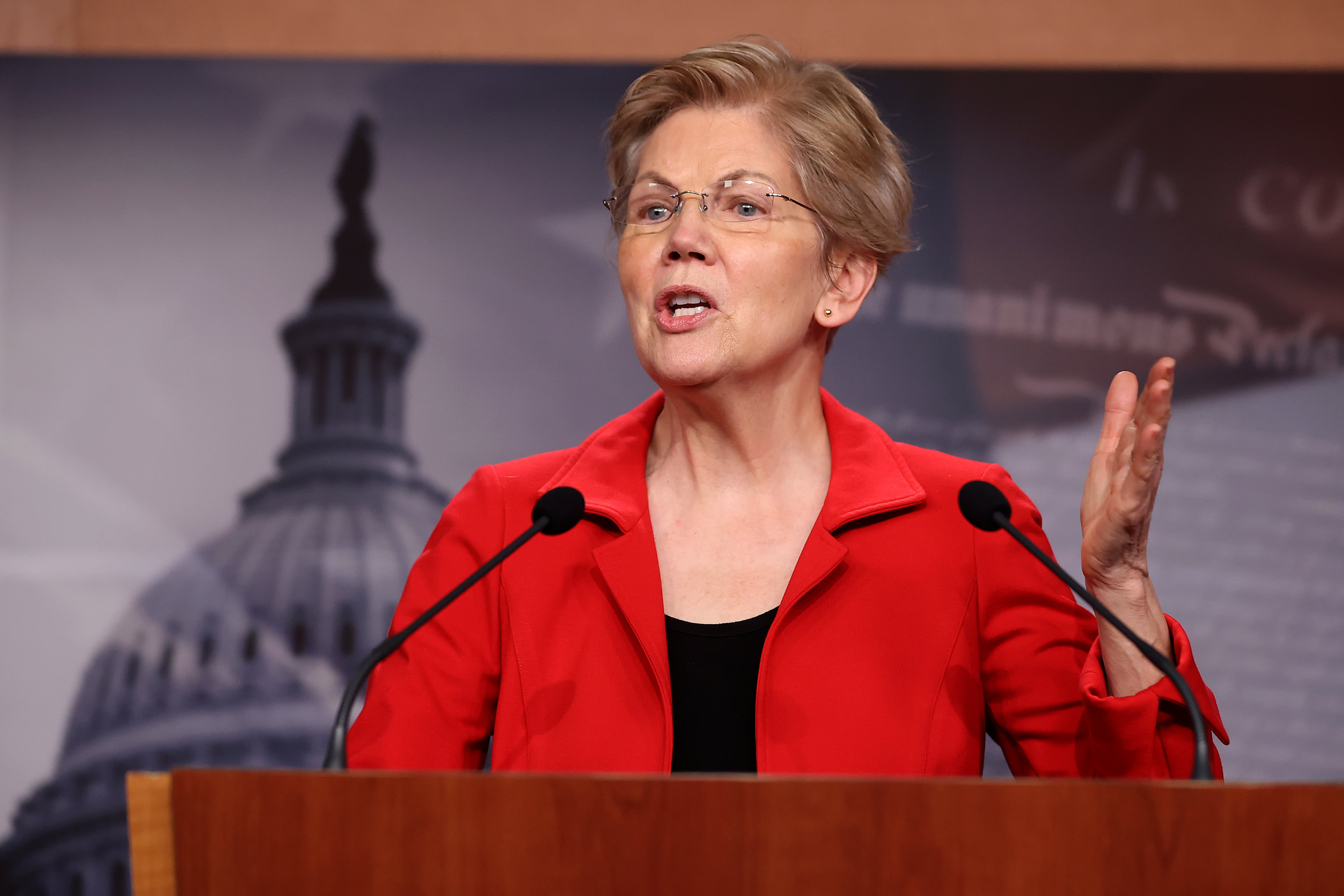For Kamala Harris, questions about legacy start now
A historic inauguration was the easy part.

Good morning, Broadsheet readers! Google’s A.I. ethics scandal continues, the Atlanta Dream may get a new owner, and for Kamala Harris, a historic inauguration was the easy part. Have a terrific Thursday.
– What’s next? Yesterday was a time for Americans and political observers around the world to obsess over the history, the pageantry, and “radical normalcy” of the Biden-Harris inauguration: the symbolic fashion, the stirring verse, the wholesome, meme-ified mittens. But as the fireworks fizzled over D.C., what remained was the four-headed monster of a crisis facing the new administration.
Of course, the Biden-Harris administration is fully aware of the unprecedented situation it finds itself in; taking power in the midst of an out-of-control pandemic, a recession, a climate catastrophe, and a fierce battle for racial justice and racial equity. “Few periods in our nation’s history have been more challenging or difficult than the one we’re in now,” President Joe Biden said in his inaugural address.
In swearing her oath to office, Vice President Kamala Harris, in purple and pearls, vowed to take on those challenges. And as arguably the most influential VP in history and the Senate tie-breaker, she may be seen as more responsible than her predecessors for the outcome of the administration’s agenda.
But those four coinciding crises, as gigantic as they are, are not the only headwinds facing Harris. The question of personal legacy usually comes up near the end of an administration, but the history-making nature of Harris’s tenure means she will have to contend with that matter immediately. Harris has already vowed to not be the last female vice president, but ensuring the trail she’s blazed doesn’t go cold depends as much on what Harris can control—her policy portfolio, her championing and hiring of other women, her public profile—as it does on what she can’t: how still-skeptical Americans perceive her.
Like other women who are ‘firsts’ or ‘onlys’ in their field, she will be unfairly seen as a litmus test for whether any woman, anywhere can do the job. Being a woman of color, which subjects her to racist double standards, only raises the bar she must clear.
Harris has been tasked with threading this seemingly impossible needle before in her career, albeit on stages significantly smaller than the one she descended onto yesterday. The stakes are enormous this time around, and Harris’s approach is different. As Politico reports, Harris used to refer to being a ‘first’ as “the donkey in the room”—because she’s a Democrat, get it?—and tried to deflect from the subject. But now, she’s embracing the descriptor.
In that sense, she’s heeding the advice Valerie Jarrett, a senior Obama aide, has for the new vice president who’s in uncharted territory with few guideposts, facing multiple national crises, and bearing the weight of history—all while contemplating her own career advancement.
“[Be] true to what drove you into public service in the first place,” Jarrett told Politico. “Then that should encourage you to not hold back, but to push.”
Claire Zillman
claire.zillman@fortune.com
@clairezillman
Today’s Broadsheet was curated by Emma Hinchliffe.




































